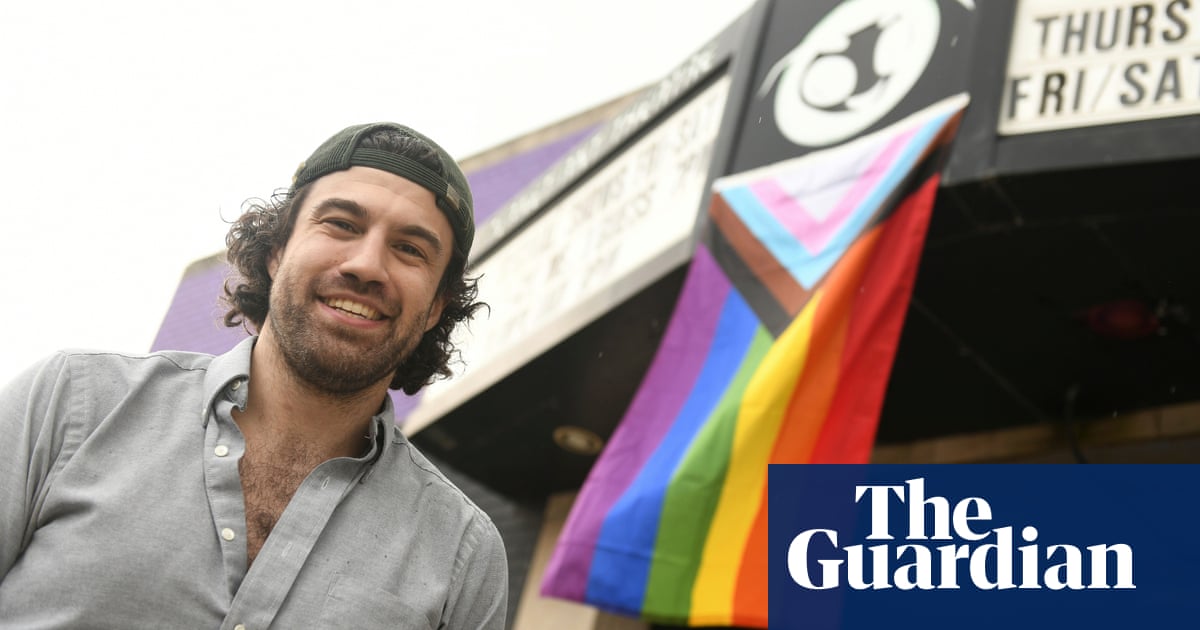In 2015, many liberal residents in Hamtramck, Michigan, celebrated as their city became the first in the United States to elect a Muslim-majority city council. They viewed the power shift and diversity as a meaningful rebuke of the Islamophobic rhetoric of then Republican presidential candidate Donald Trump’s campaign. This week many of those same residents watched in dismay as a now fully Muslim and socially conservative city council passed legislation banning Pride flags from being flown on city property that had – like many others being flown around the country – been intended to celebrate the LGBTQ+ community.



The vast majority of religious people are ideologically conservative though.
I don’t think that’s true? It might be true of USian Christians because the Christian right has run riot there for the last 40 years. But I don’t think it generalises?
There is a Christian right in the UK but they’re not really that prominent outside of the Northern Irish context (where they are sadly all too prominent). I think most British people would associate Christians with feeding people, and cardigans. Our Christian churches are mulling over whether to perform same-sex marriages, not trying to ban them for everyone.
And the UK Muslim vote is firmly on the ‘left’, of course. But I don’t know how that breaks down by heritage vs belief (or centre vs actual left).